French Hydroxychloroquine-COVID-19 Study Withdrawn
The authors of a preprint on use of hydroxychloroquine, the controversial drug heavily promoted by President Trump, have withdrawn the paper.

Send us a link
The authors of a preprint on use of hydroxychloroquine, the controversial drug heavily promoted by President Trump, have withdrawn the paper.

Elisabeth Bik quit her job to spot errors in research papers - and has become the public face of image sleuthing.

Scottish researchers have taken aim at a study reporting surprising findings on COVID-19 - but what it took to correct the record is all too familiar.

Retraction Watch has been tracking retractions of papers about COVID-19 as part of their database. Here's a running list, which will be updated as needed.

Experts say the pandemic is letting bad science slip through the cracks.
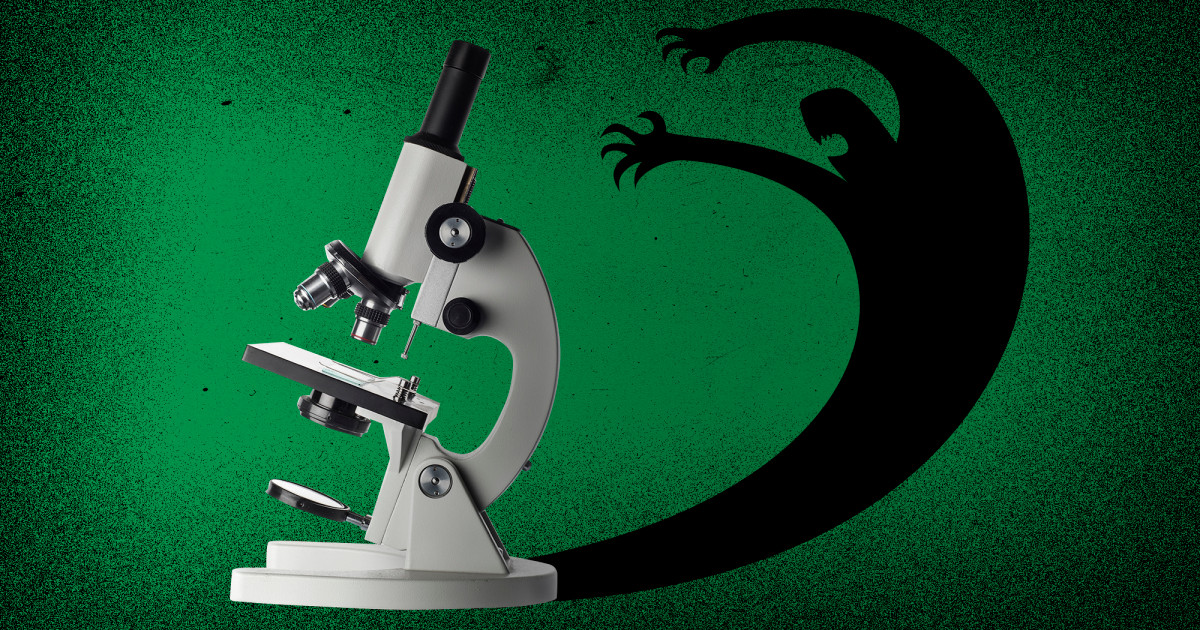
When asked why the United States didn't import coronavirus tests when the Centers for Disease Control and Prevention ran into difficulty developing its own, government officials have frequently questioned the quality of the foreign-made alternatives. But NPR has learned that the key study they point to was retracted just days after it was published online in early March.
Champions of traditional journal publishers are often unwilling to acknowledge how slow and ineffective correction in science can be.
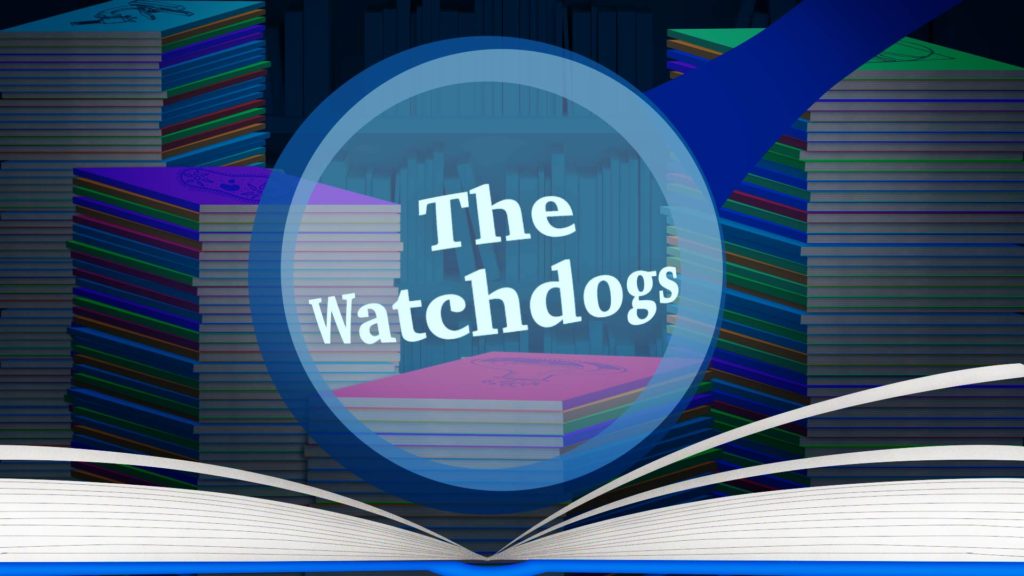
Behavioral ecologists are in turmoil as dozens of research papers involving an expert on social spiders draw scrutiny.

Science is built on trust. Trust that your experiments will work. Trust in your collaborators to pull their weight. But most importantly, trust that the data we so painstakingly collect are accurate and as representative of the real world as they can be. And so when I realized that I could no longer trust the data that I had reported in some of my papers, I did what I think is the only correct course of action. I retracted them.
Arnold's move garnered praise on Twitter and showed how scientific research needs to change.

Academy commission's probe of domestic journals causes "conflict and tension".

A Nobel laureate is being praised for retracting a scientific paper that was not reproducible.

Every year, several hundred publications are retracted due to fabrication and falsification of data or plagiarism and other breeches of research integrity and ethics. However, the extent to which a retraction requires revising previous scientific estimates and beliefs is unknown.

Elsevier is looking into how one of its journals published a paper which makes bizarre claims about the knowledge of the ancients.
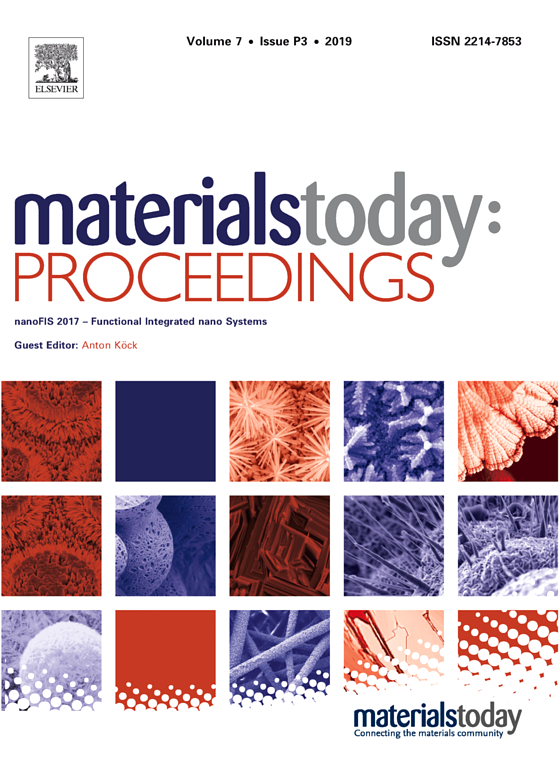
Ladies and gentlemen, we appear to have a new record. The Journal of Fundamental and Applied Sciences (JFAS) recently retracted 434 articles from three issues of their journal. Yes, 434, giving it …
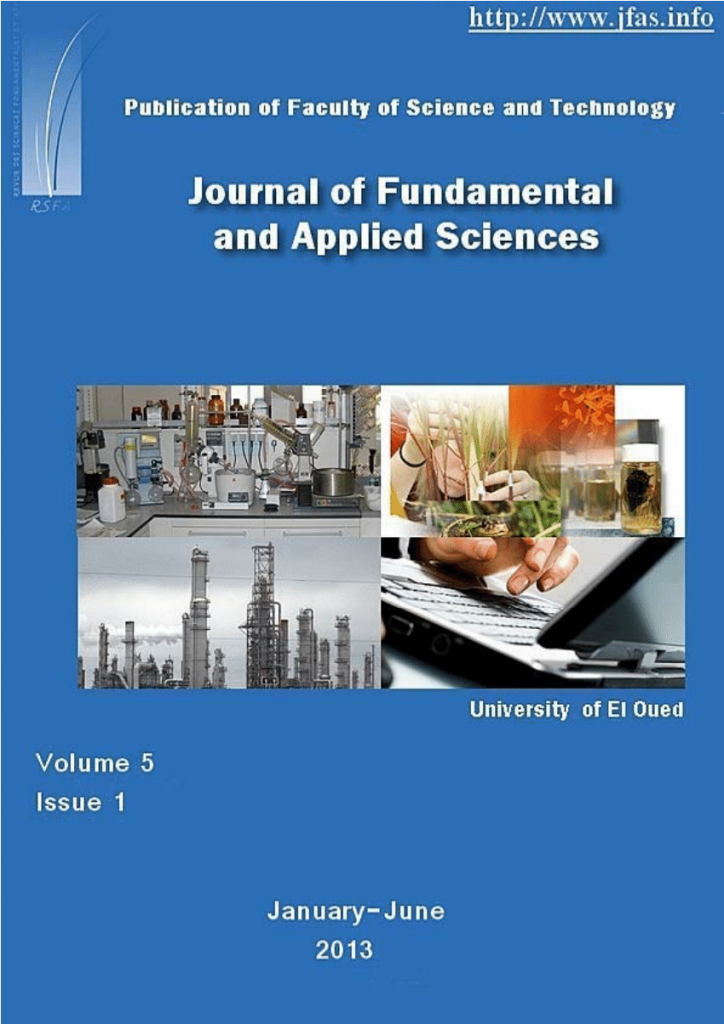
Study finds failure of English language medical journals to comply with international ethical standards.

While 18,000 retractions may sound like a lot, that amount is clearly just a fraction of the total number of papers that are a problem, as surveys indicate.
Better editorial oversight, not more flawed papers, might explain flood of retractions
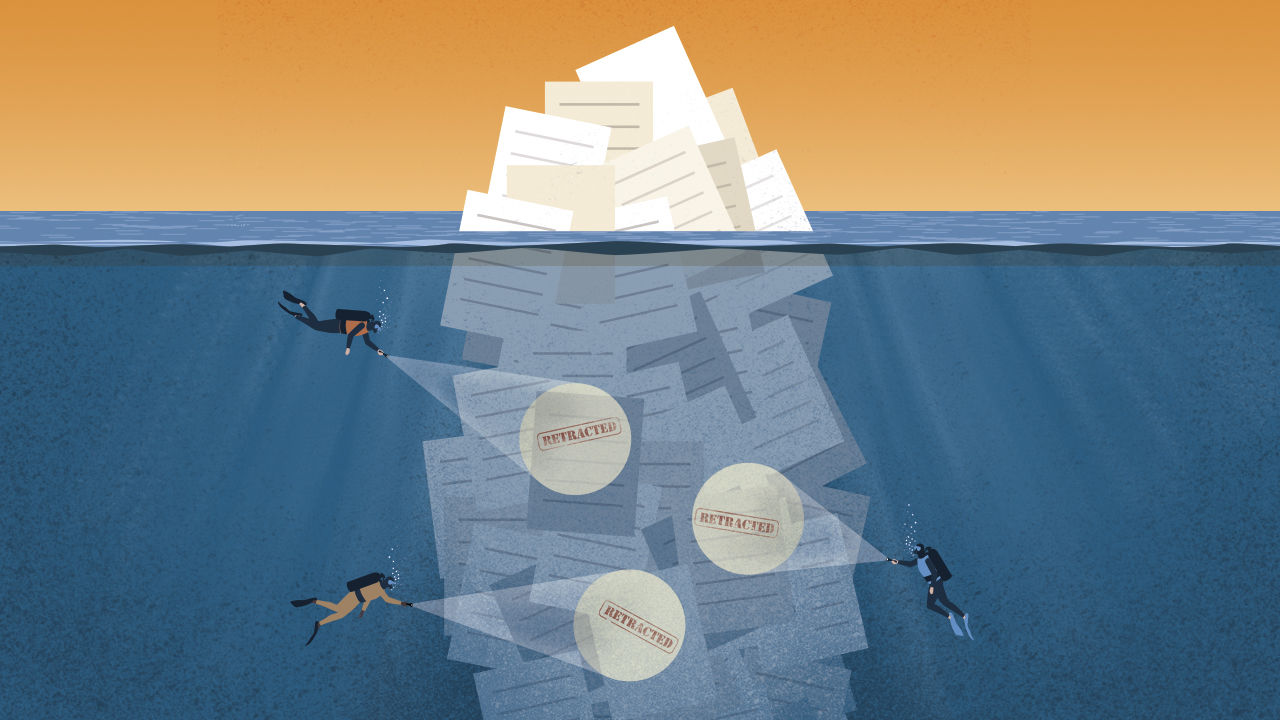
The site shows more and more studies are being pulled from the scientific record.

Thousands of abstracts of conference presentations, most by authors in China, were declared flawed.
The largest-ever database of retracted articles suggests the burgeoning numbers reflect better oversight, not a crisis in science.
Even after a paper’s retracted, it will continue to be cited - often by researchers who don’t realize the findings are problematic.
Study finds faulty research creates a significant drop in use of prior published work.
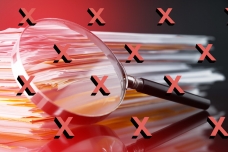
How do retractions influence the scholarly impact of retracted papers, authors, and institutions; and how does this influence propagate to the wider academic community through scholarly associations?
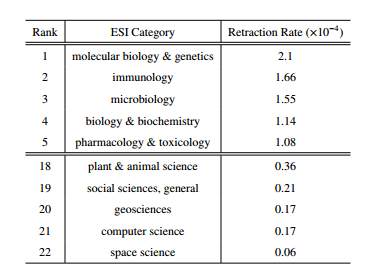
US judges dismiss injunctions against journals.
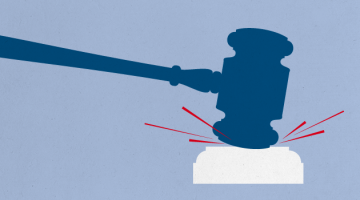
Aside from one retraction, eight articles of ETH Zürich plant biologist Olivier Voinnet have been corrected by the journals so far. Large parts of the scientific community, however, are not exactly satisfied with them.

Ivan Oransky is a medical journalist, global editorial director of MedPage Today and co-founder of Retraction Watch, a site that tracks and reports on retractions in research journals.
Retractions of scientific papers have recently been in the spotlight. Unfortunately, the interpretation of statistics about them is often flawed. Evidence suggests that retractions have grown not because of rising misconduct, but because scientists have become more aware of and responsive against fraudulent and flawed research.